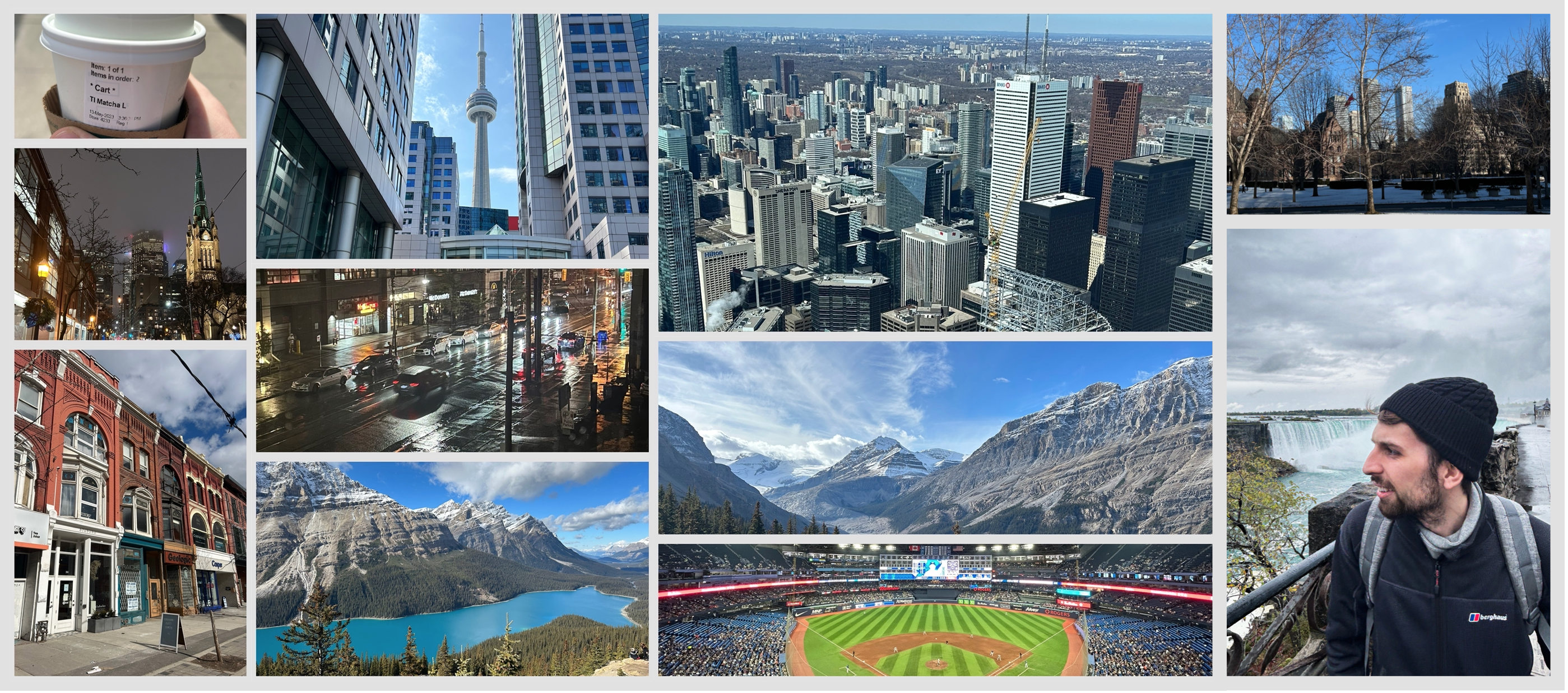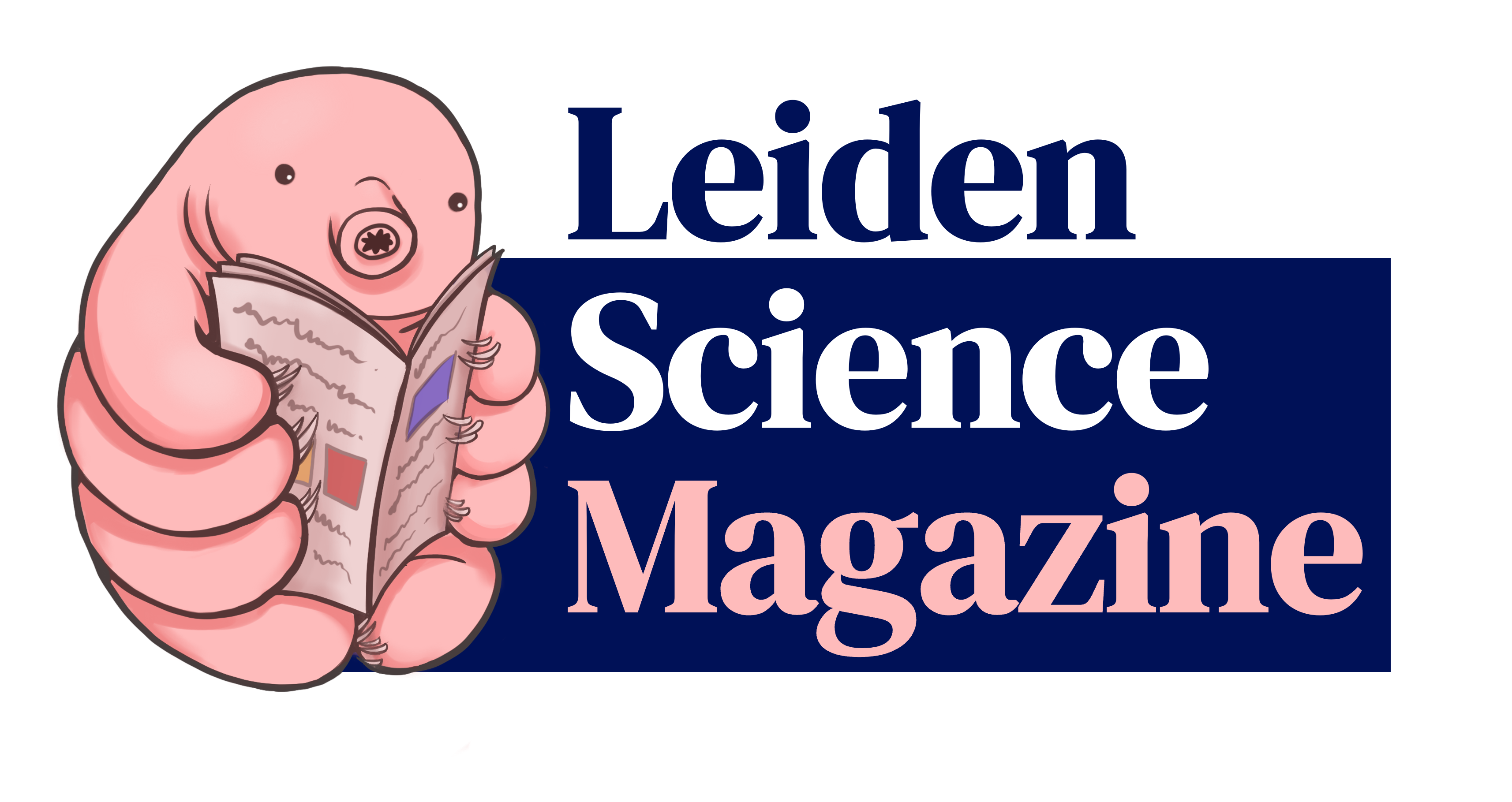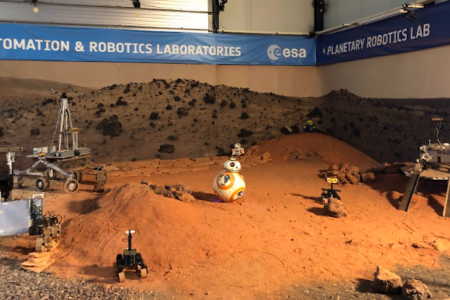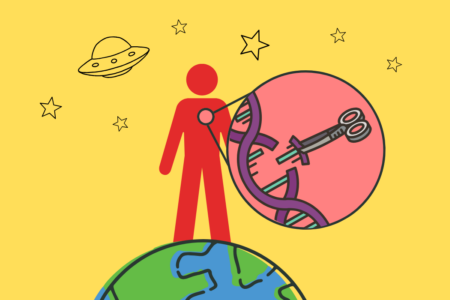Toronto Times 8 – Technique
An MSc student biology is embarking on an adventure to do a research internship in Toronto, Canada. For nine months. A leap of faith into a new world. In nine short, monthly pieces, he gives an impression of what it's like.
When I moved to Toronto, I did so with a few goals in mind. Challenge myself to adapt to a new environment, sustain myself, meet some interesting new folks and, if all goes well, build a few lasting memories. Another big reason for studying abroad was, of course, to improve my hands-on lab skills. To grow as an academic researcher. It was my wish to become familiar with techniques that I was completely new to, but are useful to have in my toolbox. Back in 2022, during my initial conversations with my supervisor Jeff, I was told that I could get access to instruments and facilities not readily available in the Netherlands. That immediately appealed to me.
Fast forward to 2023, and I suddenly find myself in the ‘friendly north’ of the American continent with only myself to rely on. After some time, I noticed an interesting parallel. Becoming familiar with ‘new techniques' was not limited to the lab; it extended in my everyday life. I constantly faced decision-making and had to throw myself out there to take on new tasks, solve problems, learn. Open a bank account. Get a new phone. Improvise a house. Social security number. Rent a car. Fuel cap won’t open. Credit card declined. Reinventing grocery shopping. Finding a gym routine. These experiences, although often a little awkward or messy at first, laid a foundation for navigating life's uncertainties and the complexities of adulthood.
I think this lesson is one to carry with us throughout our twenties. It comes down to our willingness to get uncomfortable. Embrace discomfort. Propel yourself into the world and redefine the boundaries of your comfort zone. This can be done in many ways: it doesn't necessarily have to involve studying abroad. Work for some time in a new environment, choose a subject outside your regular curriculum, expose yourself to a new network. Just try something new. A new technique.

P.S.
One final note: In Canada I got a taste of North American research culture — big thinking. I experienced an immense freedom to design my own experiments from the ground up. It was even possible to influence the direction of the research project as a whole. As long as I could justify that the project would be moving forward, my supervisor was fine with ordering expensive kits and materials. This academic freedom felt different from my experience in the Netherlands, where research seemed to advance in smaller, more cautious steps. I'm sure the reasons for this are manifold: differences in funding, different cultural attitudes towards risk, even the mere dynamics of the scientific community. Most importantly though, I feel that the overall philosophy and approach to research is different. Dutch research environments prefer incremental progress and safe, economical, methodical steps, while Canadian ones value bold, transformative progress. It was an honour to be a part of it.






0 Comments
Add a comment